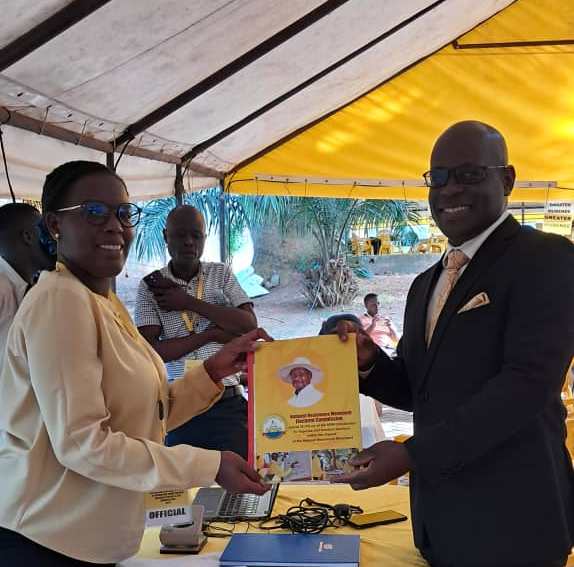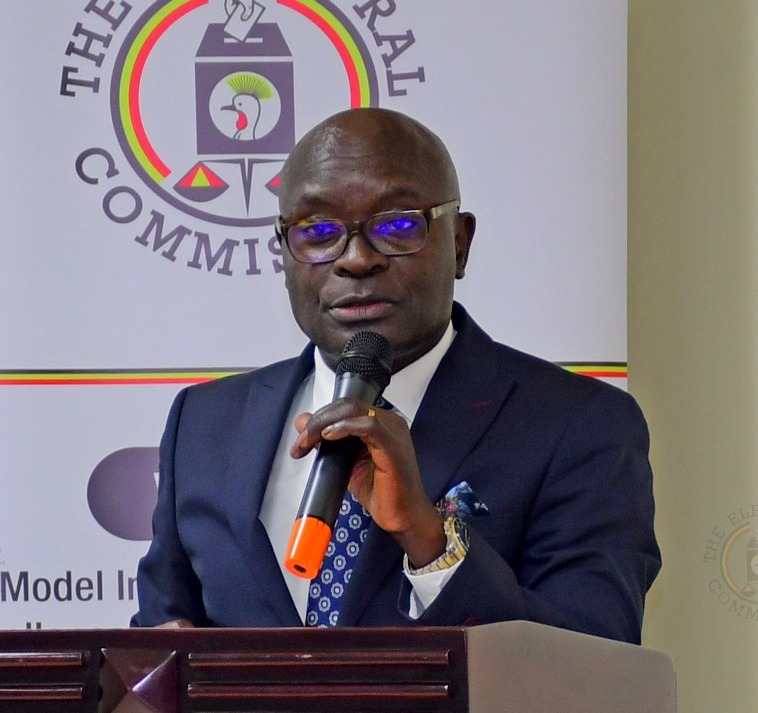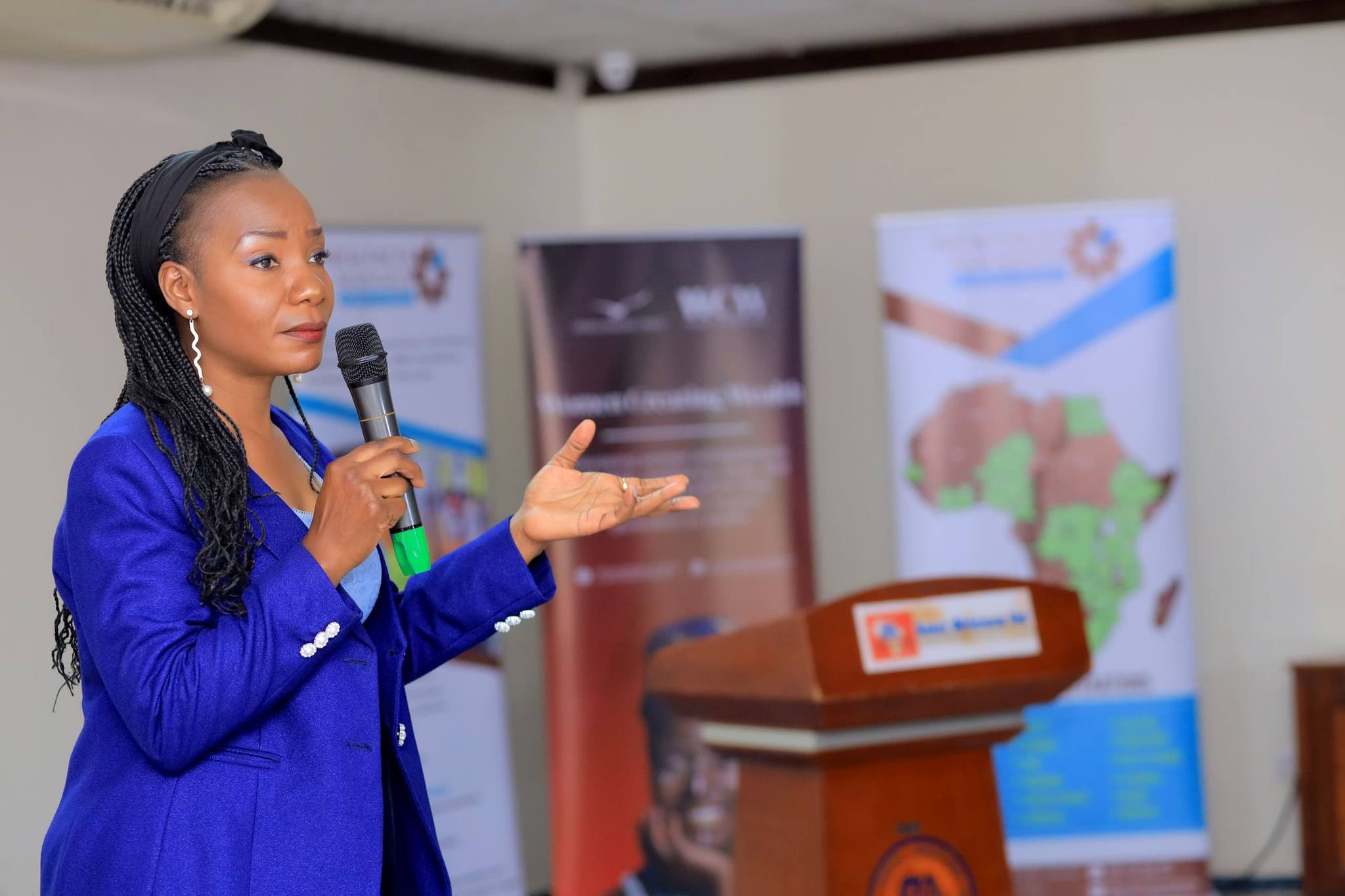Report exposes Export Credit Agencies’ role in fossil fuel dependency and environmental strain
Key findings reveal that between 2018 and 2025, nearly 88% of ECA financing has supported fossil fuel projects, primarily due to significant investments from Asian ECAs like the Exim Bank of China, Exim Bank of India, and the Korean Exim Bank.

The Environment Governance Institute (EGI) has published a landmark report that highlights the significant role of Export Credit Agencies (ECAs) in prolonging fossil fuel dependency and driving large-scale hydroelectric projects in Uganda, Tanzania, and the Democratic Republic of Congo (DRC).
In light of the climate crisis and the need for a sustainable energy transition, the report calls for transparency, accountability, and an equitable energy transition that prioritizes the well-being of African communities.
The comprehensive report, which draws from six months of research and firsthand testimonies, uncovers the extent to which ECAs, particularly from Asian and Global North nations, have concentrated their support on fossil fuels, with only minimal funding directed toward renewable energy initiatives.
Key findings reveal that between 2018 and 2025, nearly 88% of ECA financing has supported fossil fuel projects, primarily due to significant investments from Asian ECAs like the Exim Bank of China, Exim Bank of India, and the Korean Exim Bank.
Key Findings:
Fossil Fuel Dominance: ECAs from the Global North and Asia allocated a staggering 88% of their support to fossil fuel initiatives, which hinders Africa’s progress toward sustainable energy and a just transition.
Neglect of Renewable Energy: Renewable energy projects received a mere 0.6% of funding, with Tanzania securing the highest ECA support at $63.1 billion, while DRC received just $1.86 billion. This disparity underscores a critical gap in aligning investments with renewable energy goals.
Hydroelectric Projects and Environmental Degradation: Large hydroelectric dams, often favored by ECAs, have led to mass displacement, cultural heritage loss, and significant environmental impacts, particularly in Tanzania.
Human Rights Violations and Military Presence: Communities report socio-economic hardships, increased military presence, and human rights abuses, especially in Uganda and the DRC, where state forces are seen as protecting ECA-backed projects.
Gender Disparities: Women disproportionately bear the brunt of these projects, facing compensation gaps, heightened sexual harassment risks, and loss of livelihoods along project sites.
The research further highlights that Asian ECAs account for 72% of the total support for hydroelectric and fossil fuel projects in the region. This reliance on traditional energy projects limits the potential for a sustainable transition and further entrenches environmental and social challenges for affected communities.
EGI’s methodology included desk reviews, interviews, and focus group discussions with affected communities, local leaders, and industry experts. This multi-dimensional approach provided insights into the social and environmental implications of ECA-backed projects.
The report encourages further investigation by relevant authorities to address the verified claims and calls on African governments, ECAs, and regional bodies to collaborate on pathways toward sustainable development.
The also report outlines several policy recommendations, including the establishment of a just transition fund for impacted communities, enhanced regulatory oversight, and strengthened community engagement frameworks to ensure affected populations are represented and compensated fairly.
“This report reveals the hidden impact of ECAs on Africa’s energy trajectory. By prioritizing fossil fuels and large hydroelectric projects, these agencies are impeding sustainable energy development and compounding environmental and social challenges”, said Samuel Okulony, Executive Director of EGI Uganda.
EGI urges stakeholders to respond to these findings with transparency and accountability, embracing a community-focused approach to energy that supports both the people and ecosystems of Africa.






